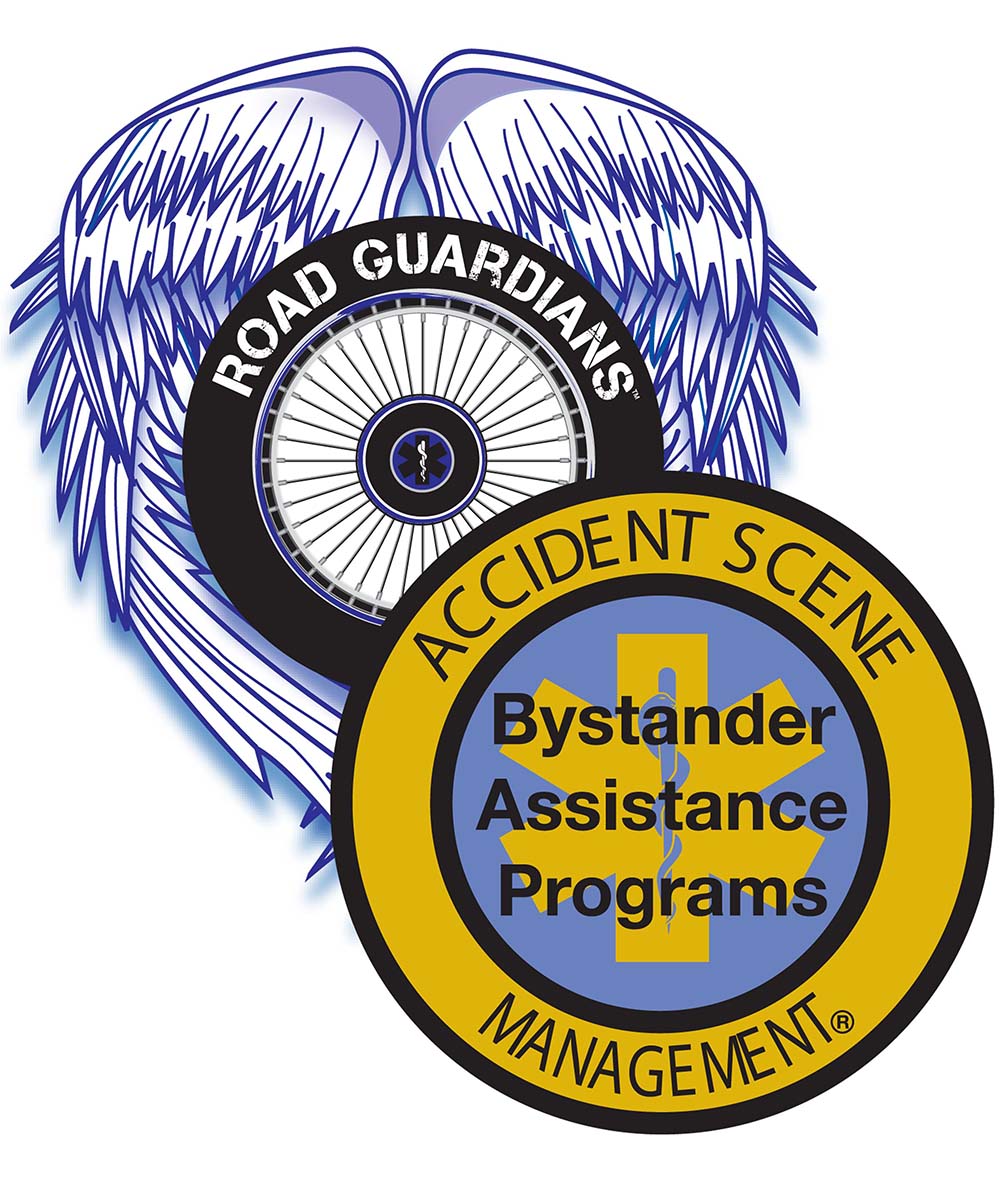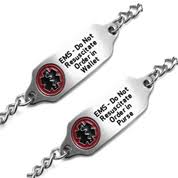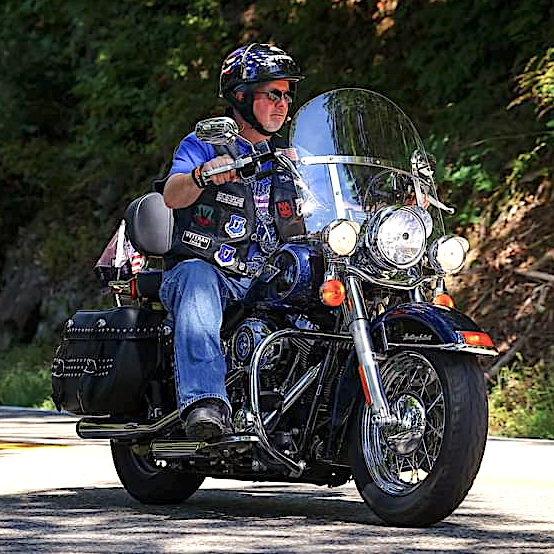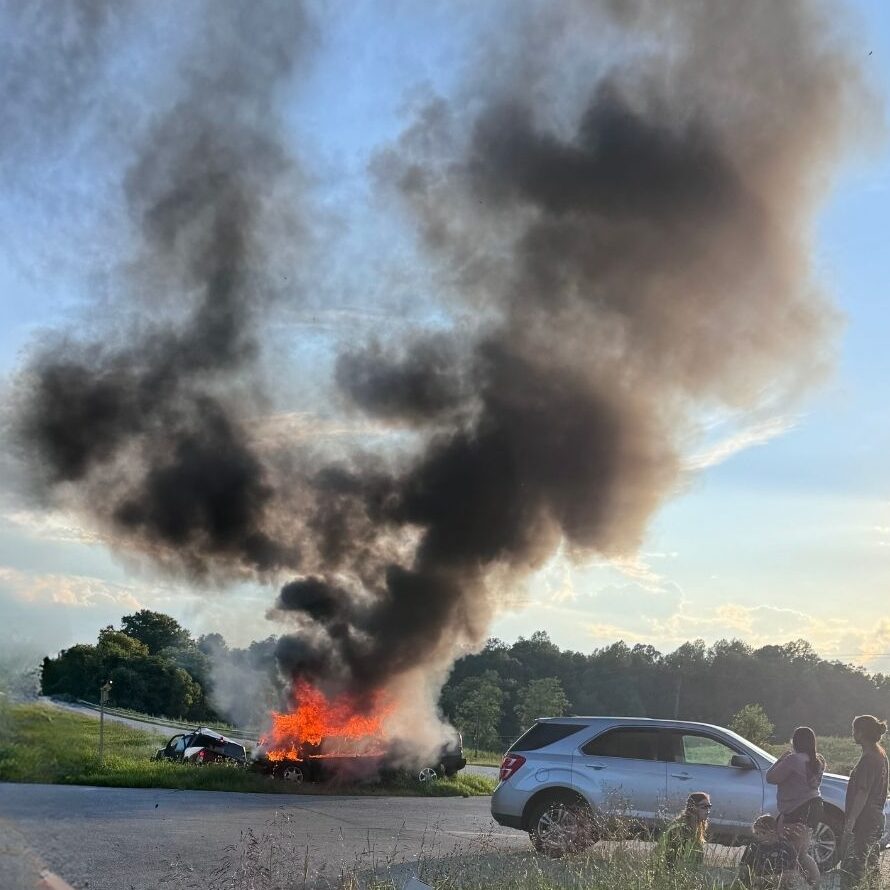You have 0 items in your cart
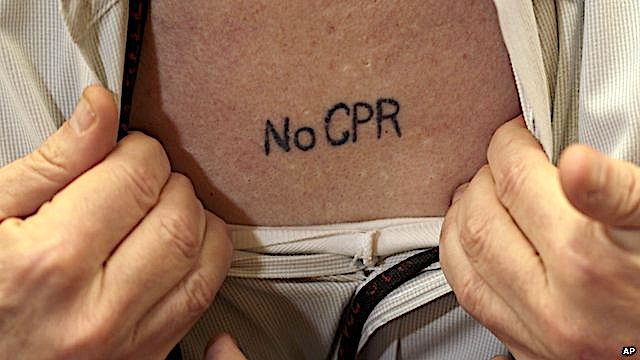
Do Not Resuscitate
The term DNR can stand for the Department of Natural Resources, or in the world of medical, it stands for Do Not Resuscitate. Students ask ASM Instructors frequently how to identify someone who has a DNR wish. This article will explain in general terms how a DNR works and when you should honor that DNR request.
I have a friend who has had his share of medical problems. He has been in several motorcycle wrecks where one of them took his leg. He still rides and works. He feels as if his life has been full and his wish is that if he is in a situation where CPR is needed; he would prefer that CPR not be started on him. He feels so strongly about his choice that he had Do Not Resuscitate tattooed on his chest. To my friend Tiny (he’s not so Tiny), his wish should be obvious when someone bares his chest to begin chest compressions. The question here for a bystander who may initiate CPR is, do they honor this obvious wish or do they initiate CPR against that person’s wishes?
Tiny’s close friends or family may choose to honor his wishes, but as a bystander, I would have to initiate CPR. The only DNR that is legal to honor is one that is state-recognized and has been authorized by a licensed physician. Each state has its own law regarding this, but in general, a person who has a legal DNR would be wearing a wristband that would have their doctor’s name on it. They would have had a discussion with their doctor and the band would clearly have both their and their doctor’s name on it with the directive, Do Not Resuscitate. Furthermore, even with that band on, if I had a victim’s family member asking me to start CPR I would begin resuscitation measures and allow the EMS to decide what to do when they arrive. In most cases, the family has been part of the decision making and they are on board with the person’s wishes who is wearing the DNR bracelet. Occasionally, however, the family is not ready to let go and it would be the family who would take issue with your lack of willingness to initiate life-saving measures, not the person who you are trying to save. When in doubt, initiate life-saving measures on a person in need.
